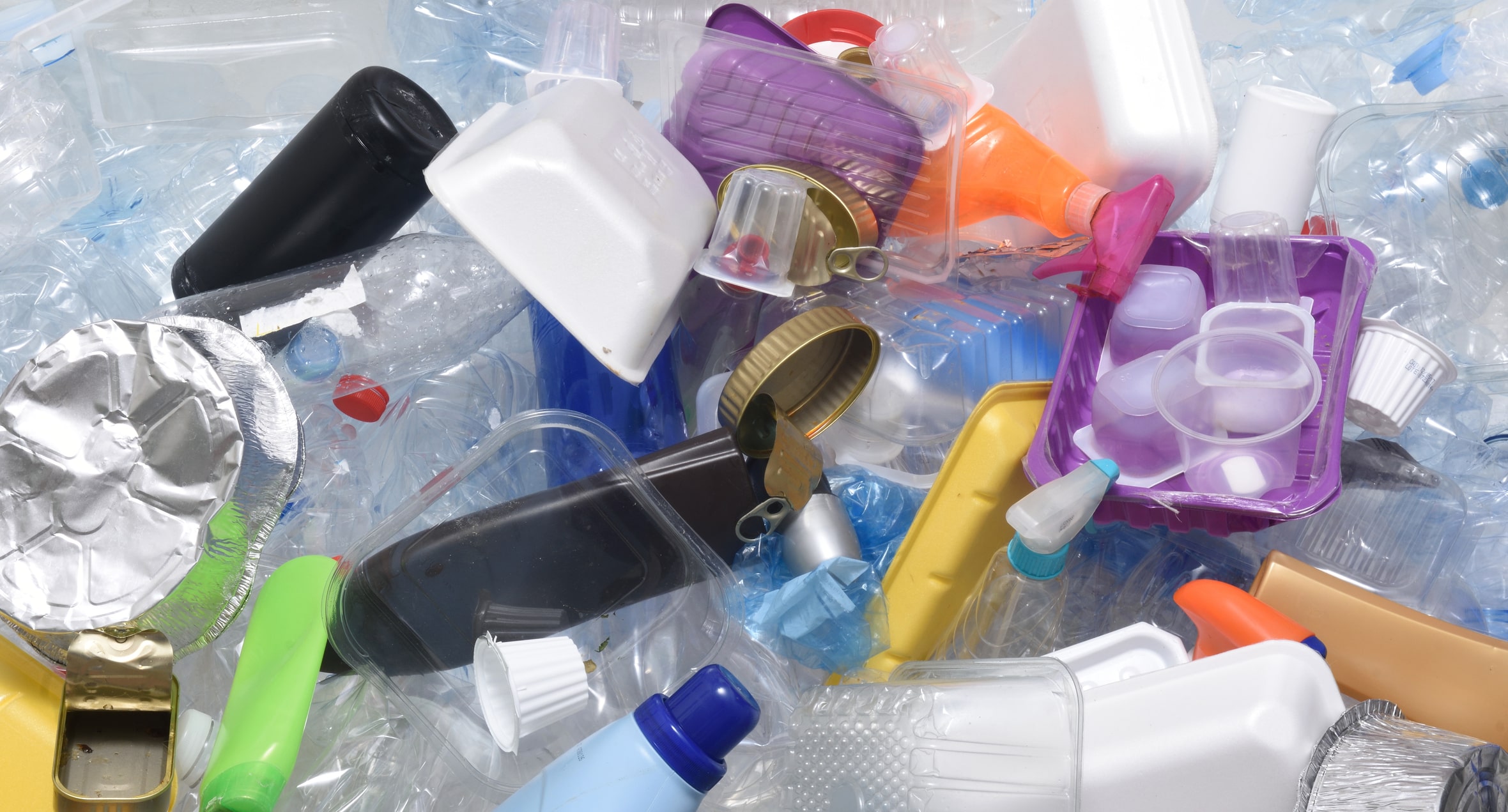
You may not think about it, but the packaging that your favorite meals are delivered in, the containers where you keep your leftovers, and the vessels you sip from may contain harmful chemicals that are dangerous for your body. Many of them are classified as endocrine disrupters and might boost the risk of metabolic disorder, obesity, depression, cardiovascular disease, and cancer.
Here are the packages to look out for and what to use instead.
- Styrofoam and Paper Takeaway Packaging: When hot food is placed into almost any packaging, chemicals can leach in to contaminate it. Polystyrene, largely known as Styrofoam, in particular, is carcinogenic. Paper takeout packaging is also risky. The Guardian referenced findings indicating that two-thirds of grocery stores and 11 percent of bakeries use takeout paper with high levels of fluorine, an industrial chemical that’s shown to cause reproductive, developmental, liver, and kidney problems in animal models. Instead, use compostable brown or white paper boxes.
- Aluminum Cans: The inside of aluminum cans is often lined with a plastic containing bisphenol-A (BPA), which has been highly publicized as an endocrine disruptor. BPA is linked to metabolic disorders, breast and prostate cancer, and infertility. When on the go, pick drinks that come in a glass bottle and avoid canned foods, opting for fresh instead.
- 3, 6, 7 Plastics: Certain plastics also pose health risks. The numbers 3, 6, 7 represent recycling numbers. “3” plastics are typically found in takeout containers and may release phthalates, which are associated with cardiovascular disease. “6” plastics are also used in takeout packages and, when heated, could release styrene that might result in increased fatigue or depression. “7” plastics are in water bottles and are associated with metabolic disorders and certain cancers. To avoid these plastics, avoid plastic-lined takeout packages when possible and carry your own stainless-steel water vessel.
- Produce Wrapped in Plastic: Even packaged produce can be harmful, because chemicals from the plastic can leach into the food. To avoid this, seek unpackaged produce and buy fresh when you can.
- Paper/Styrofoam Coffee Cups: Paper coffee cups are often lined with plastic that can leach harmful chemicals into your morning cup of joe. Your best bet is to make coffee at home or bring your own mug/stainless steel traveler to the café.
- Plastic Food Storage Containers: Plastics in food storage containers also contain potentially harmful chemicals. Avoid putting hot food into these containers, and when ready to reheat, scoop out into a glass plate or container. If packing your lunch to take somewhere, glass containers are recommended if the food requires reheating.
It’s not just what you eat, but where it comes from. Be aware of how packaging impacts food safety and how it can influence your health.